3,000 years ago, the ancestors of the Khmer produced salt for a large hinterland.
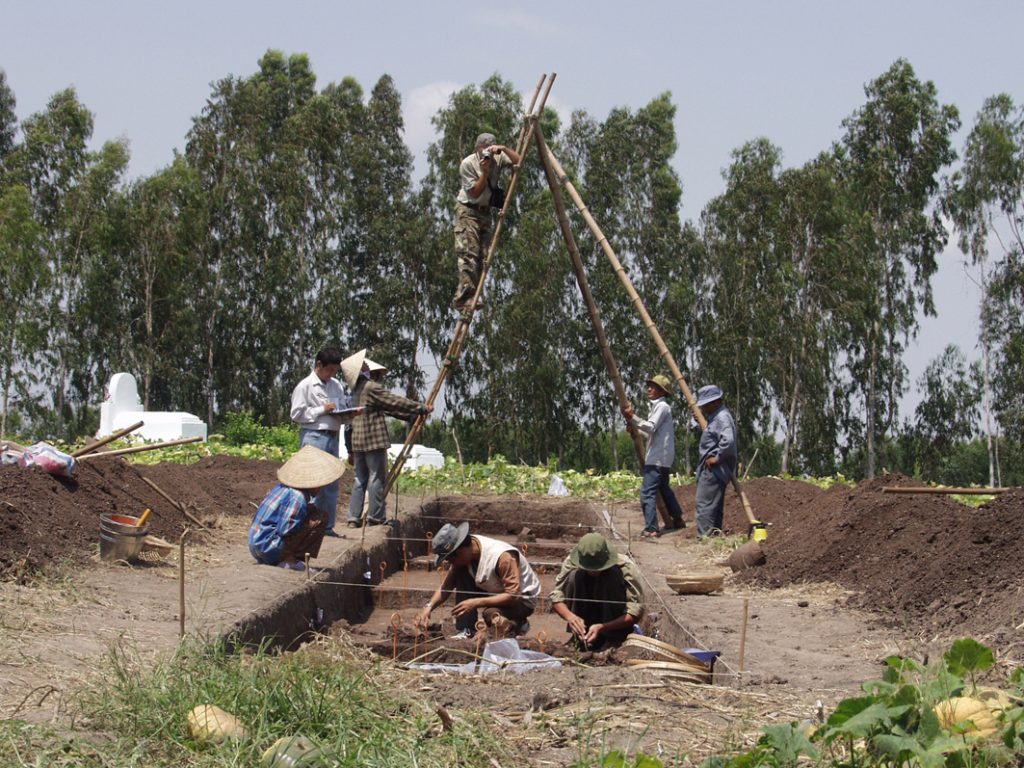
Excavations conducted by the Commission for Archaeology of Non-European Cultures at Go O Chua (“pagoda hill”) in southern Vietnam in 2003-2006 uncovered waste deposits metres thick, containing thousands of fragments of unusual clay props. The props were once arranged in rows inside salt-making ovens such as are also known from Late Bronze Age Europe, and were used to support salt pans. 14C analysis has dated the props to between 1000 and 500 BC and suggests the salt production centre was continuously active in that period.
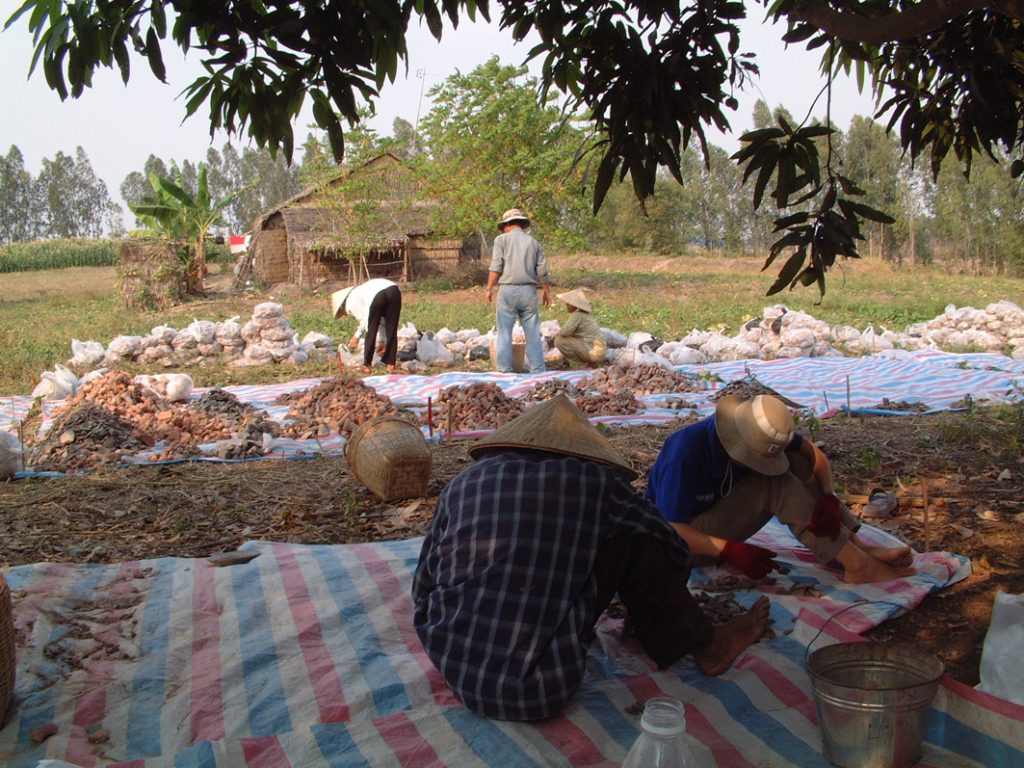
The team found different varieties of clay props (Photo: DAI KAAK) 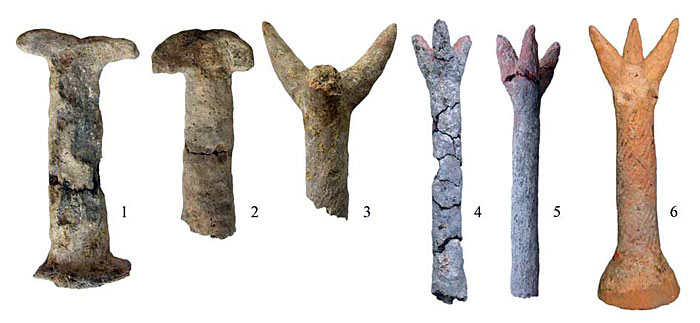
The team found different varieties of clay props (Photo: DAI KAAK) 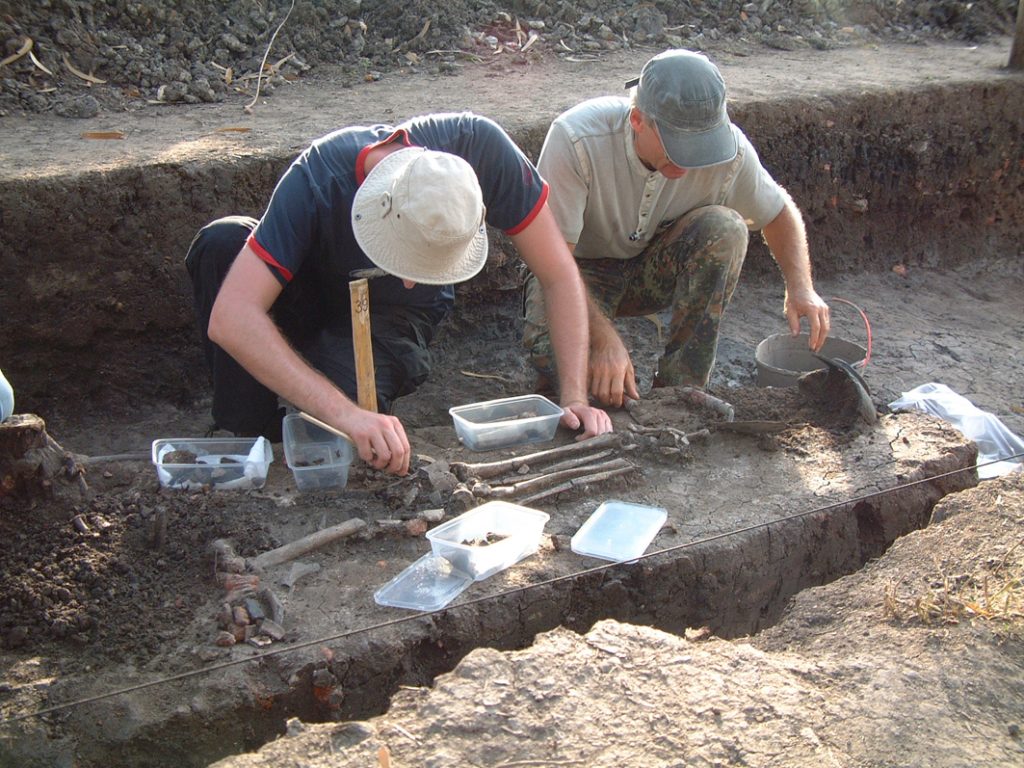
Located next to the salt-making centre was a large cemetery with inhumation burials and vessels as grave goods (Photo: DAI KAAK) 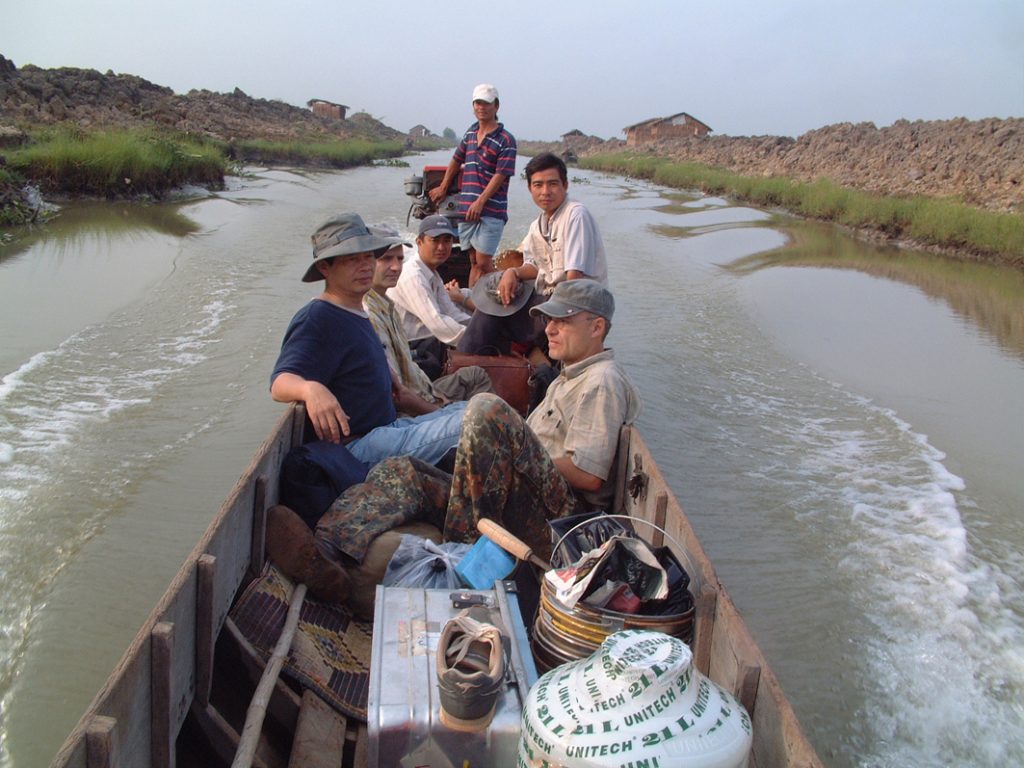
Every day at 6.30 am the team started its one our boot ride to the excavation site (Photo: DAI KAAK)